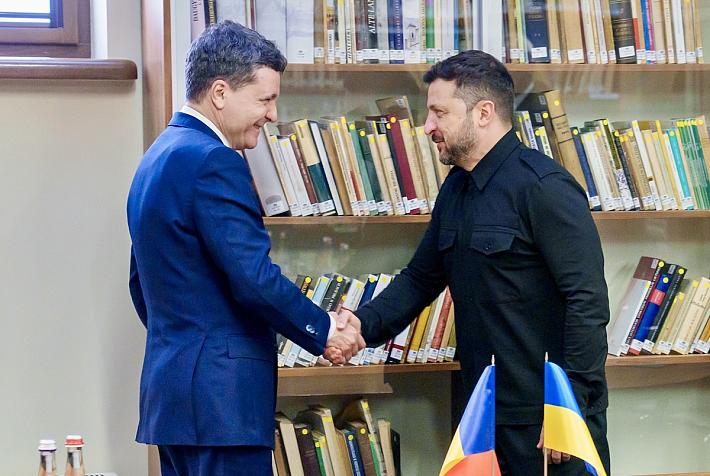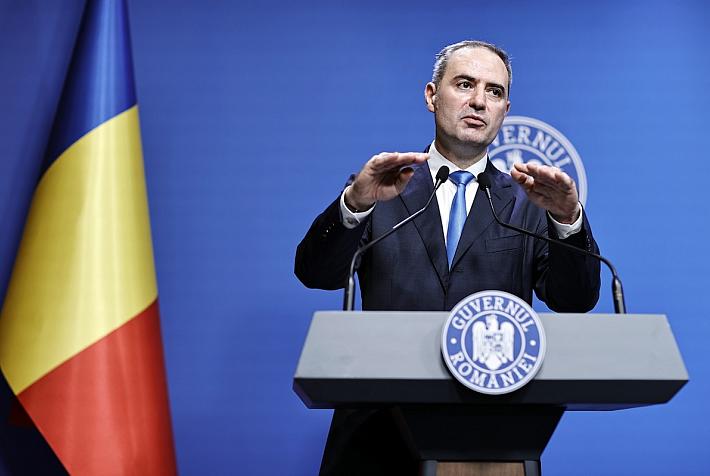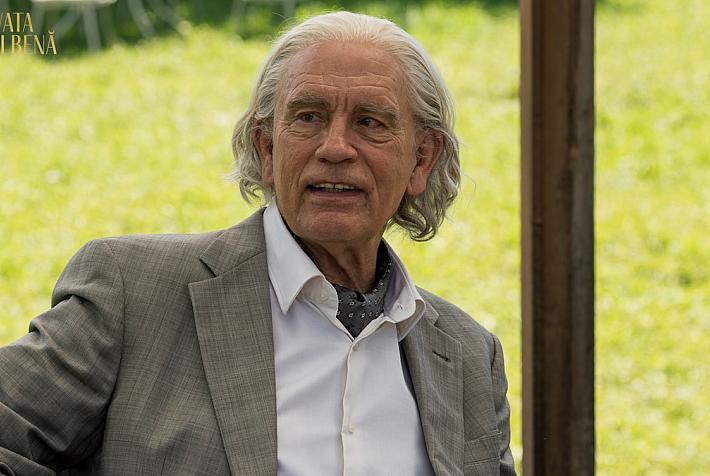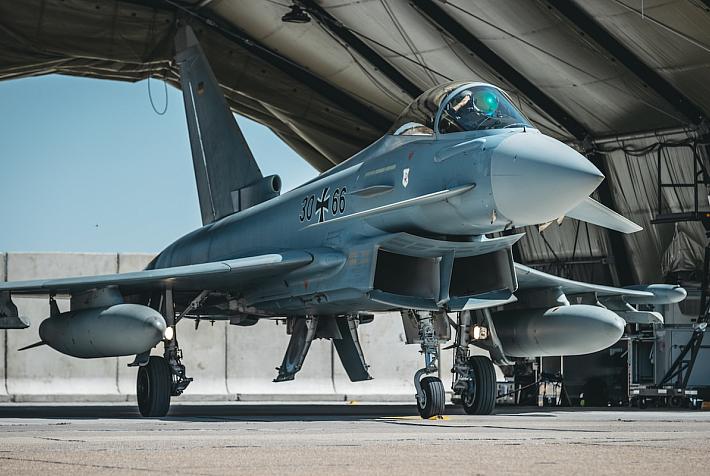Romanian Interior Minister Stroe resigns over lengthy rescue mission after plane crash

Romanian Interior Minister Radu Stroe resigned on Thursday (January 23), several days after a seven – hour rescue mission of survivors of a medical plane crash in Romania's Transylvania.
Stroe said he submitted his honorable resignation to defend the emergency unit workers who were wrongfully accused these days, because of political pressures. “They are the heroes who save lives, and five lives were saved in the Apuseni plane crash.”
The plane should have been localized by other institutions, and not by the Interior Ministry.
Stroe also apologized for his statements which might have created the incorrect illusion of a relaxed and indifferent man.
“My resignation under these circumstances needs to become a normal thing in a democratic country,” he concluded in a short press briefing.
When apreviously sked whether he'd resign, Stroe had said he wouldn't, and explained his only fault was to be the minister under whose rule the accident happened.
His resignation came during a wave of high level dismissals, or resignations, caused by the lengthy rescue mission and the state's inability to exactly pinpoint the place of the crash. During the seven hours after the crash, two of the survivors, the pilot and a 23-year old medical student, died.
Streo's resignation came one day after the head of the head of Romanian Air Traffic Services Administration (ROMATSA), Aleodor Francu, resigned. Another resignation was that of the head of the Emergency Situations Unit (ISU), Ion Burlui.
ON Wednesday, January 23, Romanian Prime Minister Victor Ponta dismissed state secretary Constantin Chiper, who was in charge of the rescue mission, and who should have coordinated better the teams of rescuers on site.
A preliminary report presented to the PM showed that ROMATSA did not comply with its duties during this rescue mission.
In the case of the medical plane crash which took place on Monday afternoon (January 20) in Romania’s Apuseni mountains, the STS gave two different, incorrect locations for the crash, leaving rescuers a wide area to search. This significant delayed finding the survivors, who were luckily found by a villager.
“The preliminary conclusions of the report I have asked about how state institutions worked after the plane crash are the following: there were unacceptable deficiencies in the search operation, which I also find to cause indignation. These need clear actions to improve the intervention system. The Domestic Affairs Minister, ROMATSA and STS worked unacceptably slow,” said the PM in a press conference. He said the rescue mission can be seen as a failure, but added he was happy that in the end five lives were saved.
Ponta will propose for the five survivors to be decorated, as well as those who found them.
Two people died in the plane crash on Monday, after the small Britten Norman 2 plane entered a fog area, and then lost engines. The pilot Adrian Iovan died of internal bleeding and cold at some time after the crash landing. A 23-year old medical student who was accompanying the team of doctors on their way to Oradea to harvest organs for a transplant also died while waiting for the rescuers. The other five survivors, four doctors and the co-pilot, are out of any danger.
One of them doctor Radu Zamfir, who was the least injured, checked himself out of the Cluj hospital and flew back to Bucharest the next day. During a press conference, he said he gave the emergency service his exact GPS location provided by a smartphone early on after the crash.
editor@romania-insider.com











